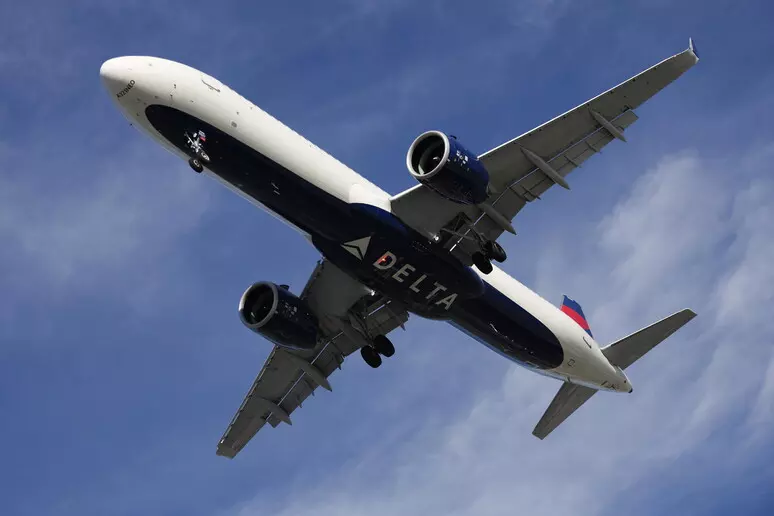Several U.S. airlines, including Delta, Southwest, and American Airlines, have revised down their revenue forecasts for the first quarter of 2025, signaling a drop in demand due to economic and political uncertainty. Among the factors cited: bad weather, airplane crashes, and a reduction in travel spending by the federal government, hit by cuts imposed by the Trump administration.
In more detail, U.S. consumer and business confidence has in fact weakened, spreading concern over soaring prices. The GDPNow tracker, the forecasting tool used by the Federal Reserve Bank of Atlanta to estimate the growth rate of U.S. real gross domestic product (GDP), suggests that the economy may shrink in the first three months of the year. In this regard, investors and analysts have said that a recession would mean a serious problem for the airline industry.
American Airlines, meanwhile, forecast a larger first-quarter loss due to a sharp slowdown in revenue. The airline also cut its revenue forecast for the first quarter, citing a reduction in government travel and the economic impact caused by the California wildfires as reasons.
United Airlines announced a 50 percent drop in government-related travel bookings in the first quarter and that they are expected to continue to fall. In addition, according to the company’s statement to the media, the reduction in government spending is currently also having a knock-on effect on the domestic market for private flights for travel and vacations. In the same context, U.S. airline Delta halved its first quarter profit estimates.
U.S. airlines are taking additional measures to protect their profit margins such as canceling night flights, retiring some planes to mitigate maintenance costs, while some airlines such as Delta have reported making changes to booking strategies.
As Reuters reports, “The industry is evolving into an environment where you focus on your comparative economic advantage,” United CEO Scott Kirby said at the JPMorgan conference. “We will accelerate this process … as we go through what appear to be tougher economic times,” Kirby added.











